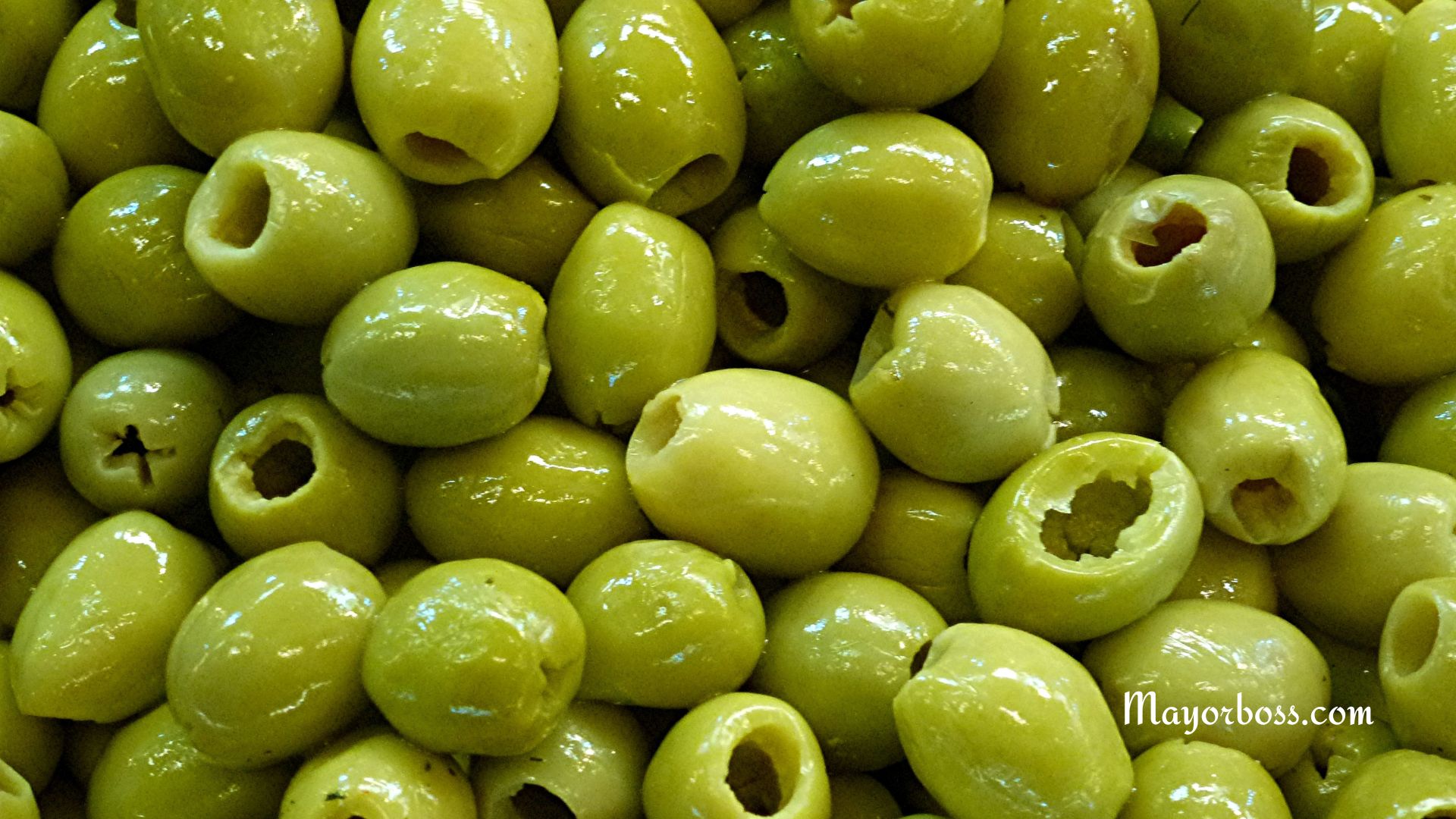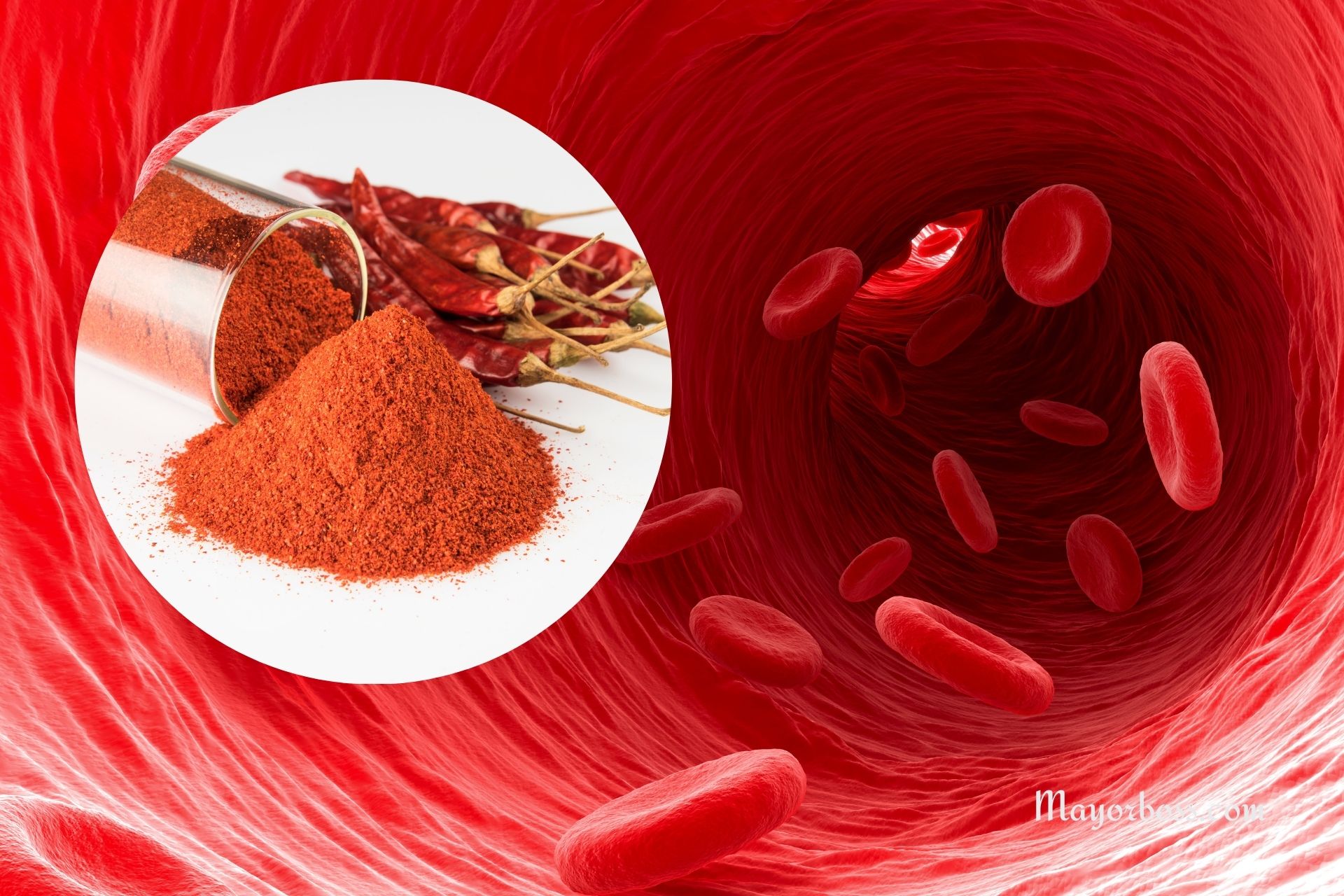Are Olives Good For You?
Are olives good for you? Olives are small fruits that pack a big nutritional punch. They are rich in healthy fats, antioxidants, and vitamins. These tiny wonders offer several health benefits, including improved heart health, better digestive function, and even some potential cancer-fighting properties. However, they can be high in sodium, so moderation is key.

The Heart-Healthy Components
You’ve probably heard a lot about the Mediterranean diet. Well, olives are a staple in it. They’re rich in monounsaturated fats, which are clinically proven to lower bad cholesterol levels. This, in turn, supports a healthy heart and reduces the risk of heart disease.
Unsaturated Fats
Monounsaturated fats are the good guys in the fat world. These fats, found abundantly in olives, help to balance cholesterol levels and offer a healthy dose of omega-3 fatty acids. So, if you’re looking to boost your heart health, olives could be your new go-to snack.
Antioxidants
Olives are also rich in antioxidants like oleuropein, tyrosol, and hydroxytyrosol. These compounds protect your cells from damage, thereby helping to reduce inflammation and the risk of chronic diseases. In short, they’re an easy way to give your body a protective boost.
Gut Health and Olives
Ever deal with tummy troubles? Olives might offer some relief. These fruits are a natural source of fiber, which aids in digestion and helps to keep your gut flora in balance.
Fiber and Digestion
A single serving of olives can provide you with a good amount of fiber. This helps to regulate your bowel movements and can even ease symptoms of constipation. Plus, fiber is great for keeping you full, so olives can be a good option if you’re trying to control your weight.
Probiotic Potential
Some research suggests that the polyphenols in olives may act as prebiotics, providing fuel for the beneficial bacteria in your gut. This means they could help to improve digestive health over the long term.
Immunity and Anticancer Properties
A strong immune system is something we all aim for. Olives come equipped with various nutrients that can give your immunity a helping hand.
Vitamin Powerhouse
For starters, olives are a good source of vitamin E, an antioxidant that can help to bolster your immune system. They also contain smaller amounts of other vitamins, like vitamin A and vitamin K, that contribute to overall well-being.
Fight Against Cancer
Some studies indicate that the compounds found in olives have the potential to inhibit the growth of cancer cells. While more research is needed, this suggests that olives could play a role in cancer prevention.
A Word of Caution: Sodium Levels
While olives offer numerous health benefits, they can be high in sodium, especially if they’re canned or pickled. Excess sodium can contribute to high blood pressure and other health issues. So, when you’re reaching for that jar of olives, just make sure to do so in moderation.
In short. Olives are a nutritious and tasty option that can improve various aspects of your health. Just keep an eye on the sodium, and you’re good to go.
Frequently Asked Questions
Can Eating Olives Help with Weight Loss?
Absolutely, olives can be a smart addition to a weight loss plan. They’re low in calories and high in monounsaturated fats, which help you feel full longer. On top of that, the fiber content in olives aids in digestion and can further contribute to a feeling of fullness. Just be mindful of portion sizes, as olives can be high in sodium.
Are All Types of Olives Equally Healthy?
Not exactly. While all olives offer similar core benefits, like healthy fats and antioxidants, the way they’re prepared can make a difference. For example, black olives usually undergo a longer fermentation process, which increases their antioxidant content. Green olives, on the other hand, are often less ripe and may contain slightly less fat. So depending on your health goals, you might prefer one type over the other.
What’s the Best Way to Incorporate Olives into My Diet?
There are numerous ways to enjoy olives and reap their health benefits. You can eat them as a standalone snack, add them to salads, or incorporate them into dishes like pasta and stews. They’re also commonly used in Mediterranean recipes, such as tapenade or olive bread. The key is to consume them in moderation due to their sodium content.
Can Olives Interact with Medications?
If you’re taking medications, particularly blood thinners or medication for high blood pressure, it’s advisable to consult your healthcare provider before adding olives to your diet in large quantities. The vitamin K in olives could potentially interact with blood-thinning medications, and the sodium content could be a concern for those watching their blood pressure.
Is It Safe to Eat Olives Every Day?
Generally speaking, eating olives every day can be a healthy choice as long as you keep an eye on the quantity. A small serving can provide you with essential nutrients and antioxidants without overwhelming your system with sodium. However, if you have specific health concerns, such as high blood pressure, it’s always best to consult with a healthcare provider for personalized advice.






